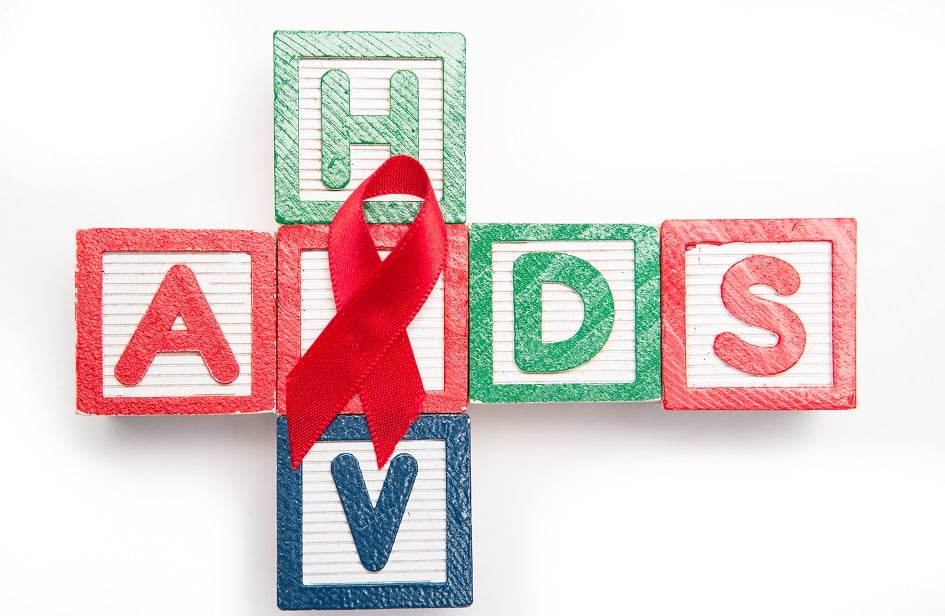HIV 13 – Prevention of mother-to-child transmission (PMTCT)

How is HIV passed from mother to child?
HIV can be transmitted (passed on) from the mother to the baby in several ways:1,2
- During pregnancy (through blood
- and cells which are filtered through the placenta, which is how a baby gets all its nutrients while still in the uterus)
- During childbirth i.e. in labour or at delivery (through mixing of mother and newborn’s blood)
- During breastfeeding (through breastmilk)
There are ways to prevent transmission throughout these steps.
What is PMTCT?
PMTCT stands for the Prevention of Mother-To-Child Transmission. It refers to the prevention of HIV passing from the mother to her baby. The most important way to prevent transmission is for you to take antiretrovirals (ARVs) properly, to ensure that your HIV is under control and your viral load is undetectable.
Before ARVs were available, the risk of passing HIV on to your baby was as high as 15 to 45%. Now, if you take your ARVs correctly, and well, throughout pregnancy and breastfeeding, the risk is virtually eliminated.2
With the widespread use of antiretrovirals for PMTCT in South Africa, the rate of transmission has come steadily down. According to the WHO, 2021 HIV country-specific profiles, with 97% of South African women living with HIV receiving ARVs for PMTCT, the transmission rate has dropped to 4%.4

How do I make sure I don’t transmit HIV to my baby?
Know your status
Before planning a pregnancy – and during pregnancy – it is vital to know your HIV status so that, if you are (or become) HIV-positive, you can get the correct treatment to prevent your baby from getting HIV.2
In South Africa, it is recommended that HIV testing is done at the first antenatal visit, monthly during pregnancy, at delivery and 3-monthly during breastfeeding.3
Take antiretrovirals2
If you are HIV positive, the most effective way to prevent transmitting HIV to your baby, is to take ARVs before falling pregnant, throughout the pregnancy and while breastfeeding. The goal is to make sure your viral load remains undetectable. Your baby will also be given ARVs for prevention of HIV transmission, which you need to give every day, for the first few weeks after their birth.
Exclusive breastfeeding for the first six months
Some mothers may to choose not to breastfeed at all but rather to use formula. The decision to breastfeed or use formula milk depends on several factors including an adequate production of breast milk, or finances and access to an adequate supply of formula and clean, boiled water.2
If breastfeeding is chosen, it is important that the baby be exclusively breastfed for the first six months.2,3 This means that the baby is ONLY fed with breastmilk, no additional food or liquids, not even water.5 Mixed feeding increases the risk of transmitting HIV from mother to child for the following reasons:
- other foods can damage the gut lining, making it easier for the HIV to enter into the babies bloodstream
- by only breastfeeding, the baby is provided with the maximum protective effect of maternal antibodies (against all infections) that can are found in breast milk
The WHO recommends, depending on individual circumstances, transitioning to a full mixed diet from 6 – 12 months, stopping breast feeding at around 12 months.
Planning your pregnancy if only your partner is HIV-positive and you are negative
HIV is preventable. If you are in a serodiscordant relationship – one partner is HIV-positive, the other is HIV-negative – there are ways to minimise HIV transmission between partners while trying to fall pregnant.
- Undetectable = Untransmissable (U=U): a person who takes their ARVs properly can drop their viral load to an undetectable level. When the viral load is undetectable, HIV is no longer transmissible. This is the most important way to prevent transmission, so it is vital that the HIV-positive partner is on ARVs and taking them properly.6
- Post-exposure prophylaxis (PEP): a combination of three ARVs that is given to an HIV-negative person to prevent HIV after an exposure (within 72 hours) e.g., unprotected sex with an HIV-positive person.7
- Pre-exposure prophylaxis (PrEP): a combination of two ARVs that can be taken by an HIV-negative person who has ongoing sexual exposure to HIV. This is an option for a couple who wish to have a baby, where one partner is HIV-negative and the other is HIV-positive.7
Living with HIV doesn’t stop you from living a full and happy life
Having HIV does not mean you can’t have a fulfilling relationship and a family. Taking ARVs correctly and following some simple steps will allow you to do this. Speak to your Healthcare Professional before starting your family, to discuss all your options.

Related Brochures

hiv-3-treatment-in-children

hiv-1-what-is-hiv
